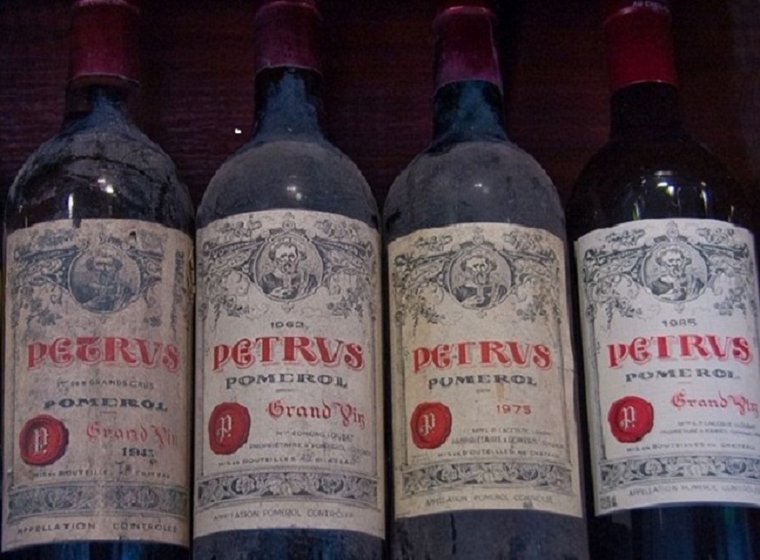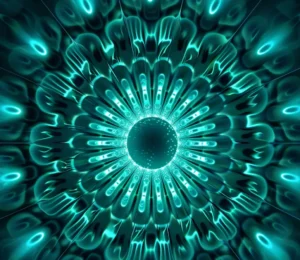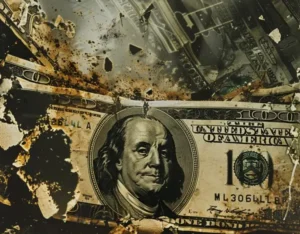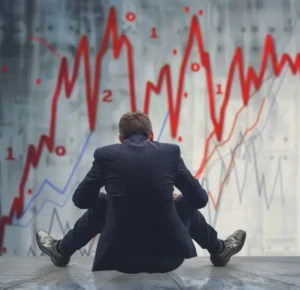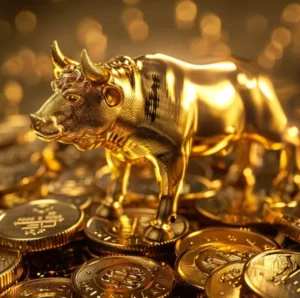Fraud in the wine industry
A few years ago I had a wine import company and had the opportunity to taste and try the best wines around the world. It was an exciting experience where I got to visit many exciting places. It was the perfect alibi for drinking copious amounts of free wine and gagging about life with least brightly colored people. Anyone who has taken a basic wine course has learned that Syrah tastes a little peppery and American wine barrels (which are not as fine as French ones) give a taste of vanilla. By the way, how many people have not heard of someone referencing a wine but have sneaked a peek at the label on the wine bottle?
There are many different types of fraud in the wine industry such as
- Counterfeits: This means that a person sells wine that is claimed to be an expensive and sought-after brand, but is in fact a cheap imitation.
- Mislabeling: This means that the wine has been labeled with incorrect information, for example that it is from a different region or vintage than it really is.
- Adulteration: This means that other substances have been added to the wine to improve the taste or extend shelf life.
- Wine styling: This means that flavoring agents have been added to the wine to give it a specific flavor profile, for example an "oaky" taste that is often associated with expensive wine.
It is important to be aware of these scams and to buy wine from reliable sources to avoid being scammed.
But impostor wines have appeared in the wine industry and the worst of all the wine imposters was Rudy Kuniawan who revolutionized the wine market until he was exposed.
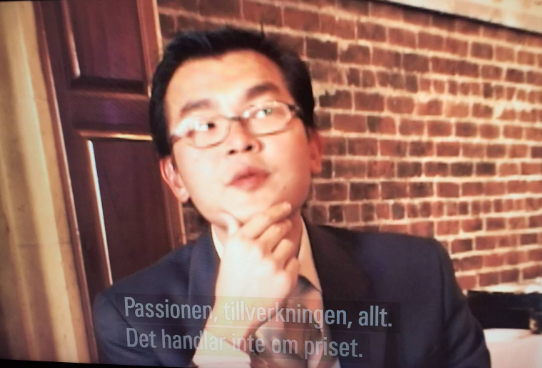 Scams with fake Burgundy wines
Scams with fake Burgundy wines
A few years ago, Rudy Kurniawan was exposed as the biggest wine fraud in history when he sold exclusive Burgundy wines. His wines have appeared at auctions and defrauded many out of millions. The fraud is described in detail in a article worth reading in Vanity Fair magazine. What was suspected was that Kurniawan's wines would appear in Asia and other markets, which they appear to have done in recent years.
There has also been a Dox documentary about Kurniawan called Bitter Grapes and how he built up the myth of his fantastic, well-developed taste and his love of wine with class, taste and elegance. No one had ever bought that much and it is said that he owned the licensing rights for Heiniken in China….but that was before he was exposed.
Chinese scams
Dagens Industri today has an article where they describe the Chinese wine scams where they found 10,000 bottles of Chateau Lafite Rothschild and apparently there are more Lafite 1982 (very good vintage) for sale in China than were produced in France that year. In Asia, it has also seemed that the frauds have scaled up and the demand for famous wines is high. The wine industry is full of fake rarities and Hong Kong has become one of the most important auction markets along with London.
Wine tasting and training in wine knowledge
There is a huge appetite for quality wines such as Burgundy and many in the financial world collect wine. In the wine industry, it is ignorance and status that drive the development of pirate wines. We humans want so badly to be sophisticated, to be admired and to own the best of the best. There are other industries such as the art market that have similar problems and are characterized by ignorance and the "emperor's new clothes mentality" where you can impress by knowing the terminology.
One thing I learned during my time selling wines was that you could tell how good a person was at wine. There are small signals in everything from how you hold and spin the glass to how you smell the wine - as well as the reaction in facial expressions and eyes.
I have deep respect for those who take a sommelier training and go deep into the selfish world of grapes. On Netflix, I have seen the film Semm, where you get to follow 4 sommeliers trying to pass the prestigious Master Sommelier class. In Sweden, we have the world champion Andreas Larssons, whose sense of taste is extreme and who with one sip can recognize wine, variety, grape, vintage, etc. When we sold our wines, you could see right from the look on his face that we had a unique rosé wine.
The wine industry is a sprawling industry where there are many people who pretend to know wine but where the real knowledge is, after all, low and there are lots of signals that show if you know wine or are an amateur - everything from how you hold the glass to how you drink the wine. Not least important is how you talk about the wine and the experience you had. Personally, I intend to take a glass from my bag-in-a-box wine called Vila Santa Reserva 2011 and comes from João Ramos from Alentejo in Portugal. Good value wine and Ramos is one of the best oenologists in Alentejo.
